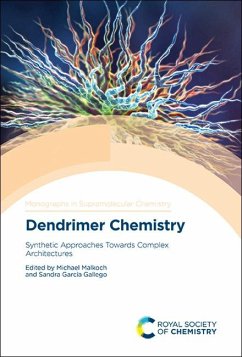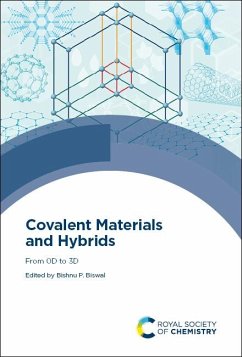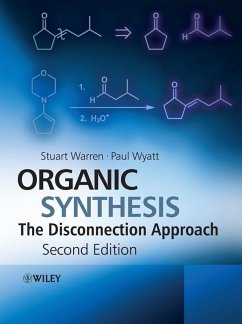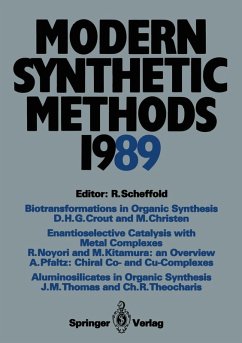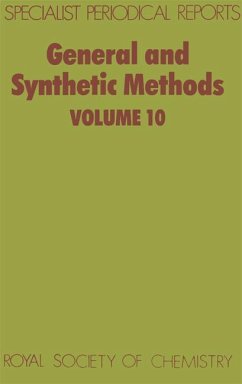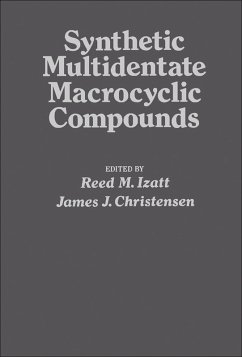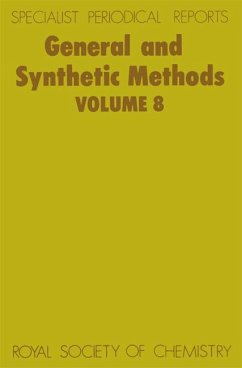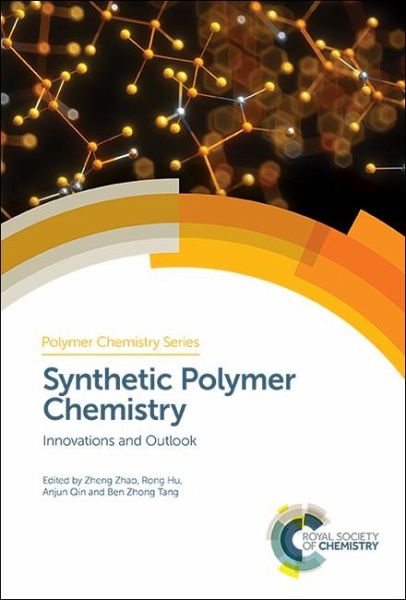
Synthetic Polymer Chemistry (eBook, PDF)
Innovations and Outlook
Redaktion: Zhao, Zheng; Tang, Ben Zhong; Qin, Anjun; Hu, Rong
Versandkostenfrei!
Sofort per Download lieferbar
162,95 €
inkl. MwSt.
Weitere Ausgaben:

PAYBACK Punkte
81 °P sammeln!
Polymeric materials form the basis of daily life. Despite the great contribution of traditional methodologies such as anionic and radical polymerizations in preparing various functional polymers, the increasing demand for polymers with new structures and functions has inspired the development of new synthetic techniques. Many new polymerizations including click polymerization, controlled/living radical polymerization, multicomponent polymerization have been well developed. Focusing on breakthroughs and recent progress, Synthetic Polymer Chemistry provides efficient tools for the synthesis of l...
Polymeric materials form the basis of daily life. Despite the great contribution of traditional methodologies such as anionic and radical polymerizations in preparing various functional polymers, the increasing demand for polymers with new structures and functions has inspired the development of new synthetic techniques. Many new polymerizations including click polymerization, controlled/living radical polymerization, multicomponent polymerization have been well developed. Focusing on breakthroughs and recent progress, Synthetic Polymer Chemistry provides efficient tools for the synthesis of linear and topological polymers. Chapters cover topics including fabrication of supramolecular polymers, organocatalytic synthesis and olefin co(polymerization). This title will be a valuable reference for those working in polymer chemistry, as well as students and researchers interested in opto-electronic, biological and materials sciences.
Dieser Download kann aus rechtlichen Gründen nur mit Rechnungsadresse in A, D ausgeliefert werden.





